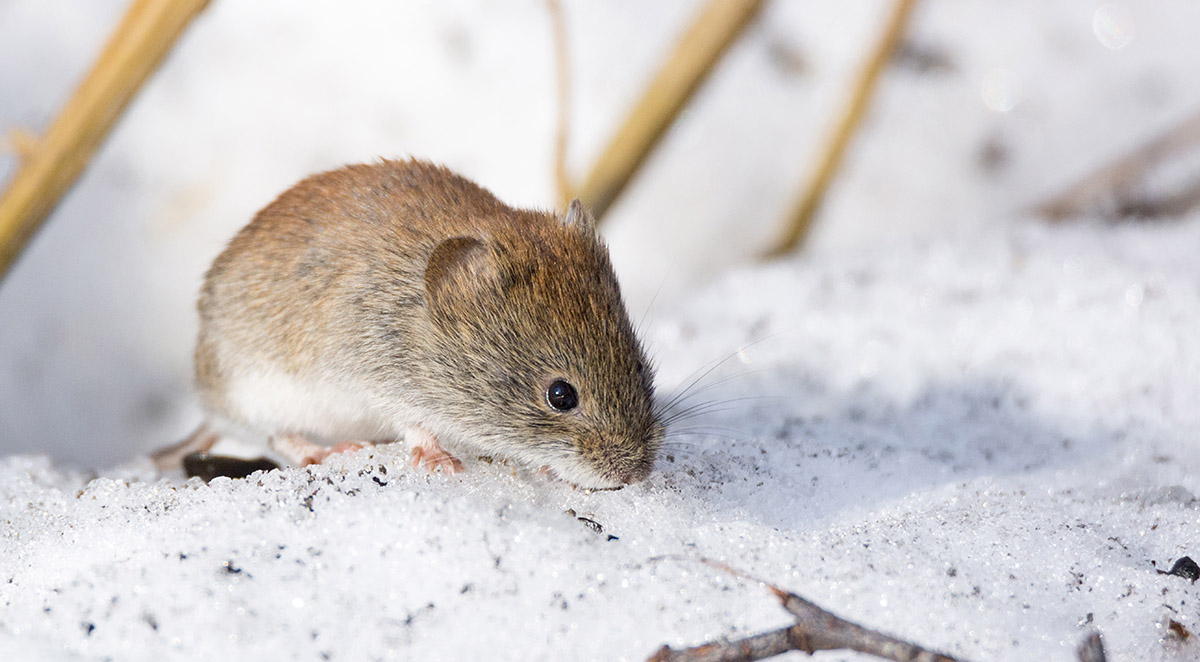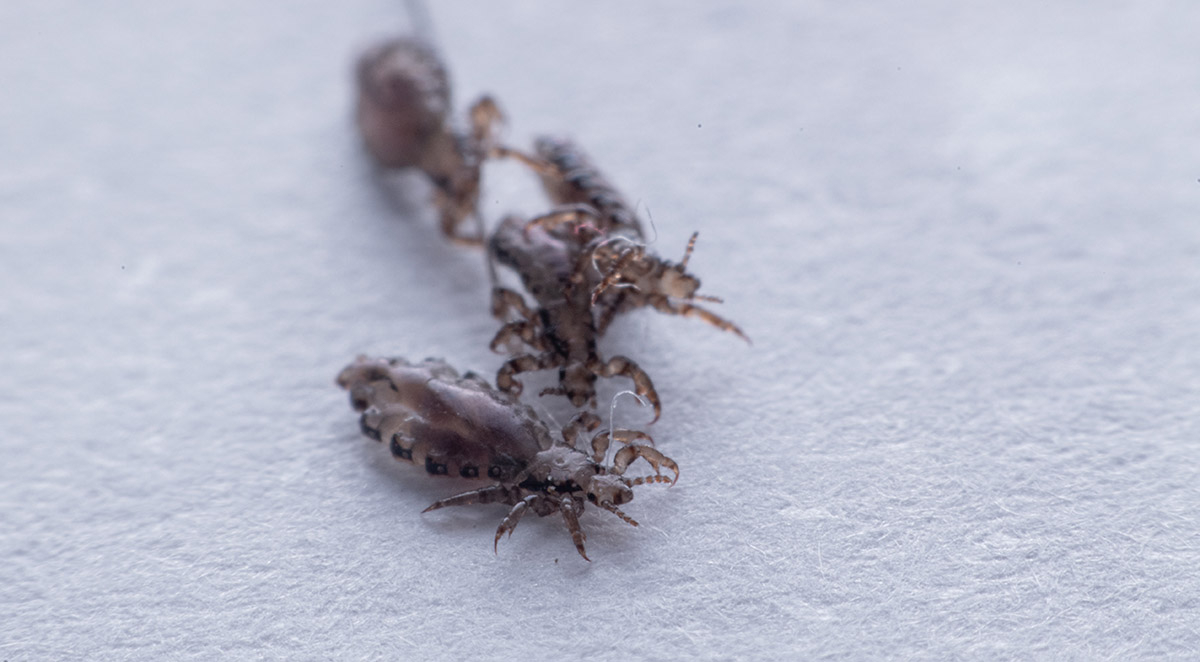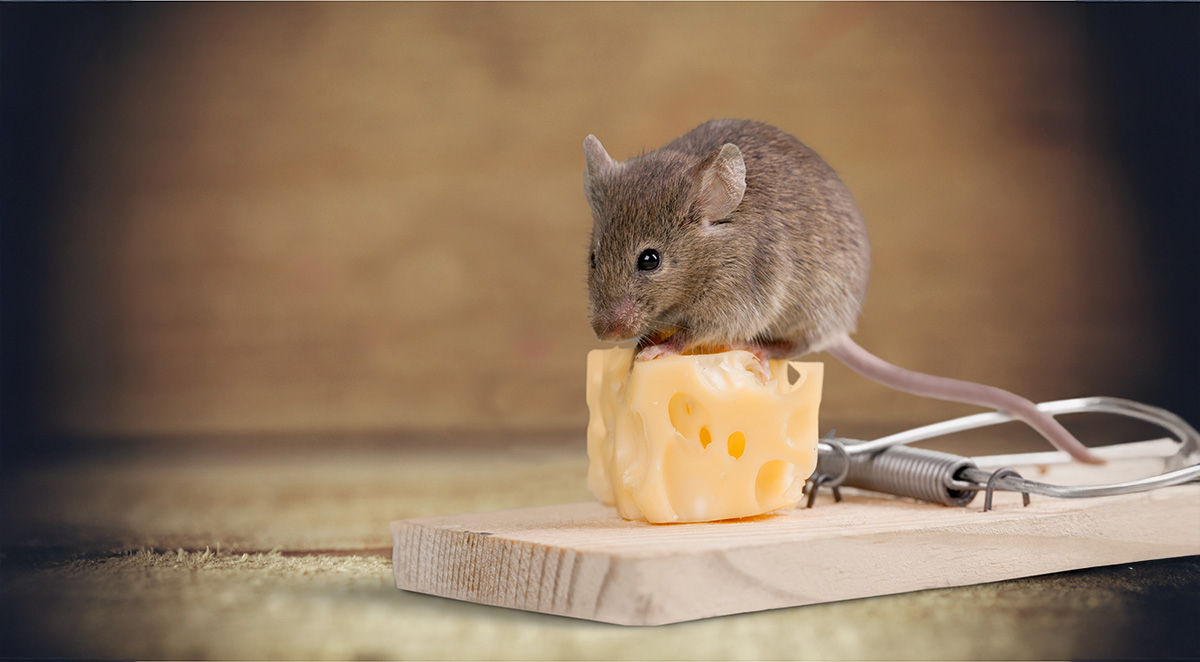Mice and rats don't hibernate during cold weather. Instead, they seek warm shelter, abundant food sources, and safe nesting sites and unfortunately, your home provides all three. Understanding effective rodent prevention strategies and implementing winter rodent control measures before the first freeze can protect your property from the extensive damage and health risks these unwanted visitors bring.
Winter pest control is an essential component of year-round home maintenance that many property owners overlook. While it's true that some pests become less active during cold weather, winter creates unique challenges that make professional pest management just as important as it is during warmer months.
Termites may be small, but they pack a destructive punch when they invade your home. Often called "silent destroyers," these pests can cause extensive damage to your property before you even realize they're there. According to industry estimates, termites cause billions of dollars in structural damage annually in the United States, and most of this damage isn't covered by homeowner's insurance.
Despite their portrayal as lovable characters in children's entertainment, mice pose significant problems when they invade our homes and businesses. Beyond the natural aversion many people feel toward these small rodents, they present legitimate health concerns by carrying and transmitting diseases such as hantavirus, salmonellosis, and listeria through their droppings, urine, saliva, and nesting materials.
That tiny mouse scurrying across your floor might seem harmless—perhaps even cute to some—but don't let its diminutive size fool you. Mice infestations represent serious threats to both property and health. Beyond Disney characterizations and cartoon depictions, real-world mice create genuine problems that require professional attention and comprehensive solutions.





